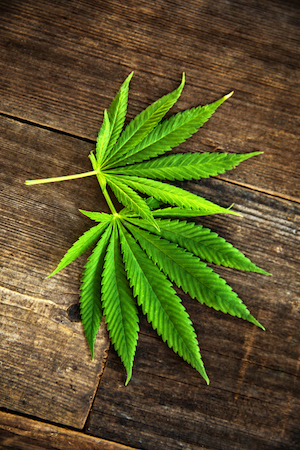Connecticut Marijuana Laws – 2025 Update: What’s Legal, What Isn’t, and How We Defend You
 Since July 1, 2021, Connecticut has legalized recreational cannabis for adults 21 and over. However, legalization does not mean you can use marijuana anywhere or in any amount. Violating the rules can still lead to serious criminal penalties:
Since July 1, 2021, Connecticut has legalized recreational cannabis for adults 21 and over. However, legalization does not mean you can use marijuana anywhere or in any amount. Violating the rules can still lead to serious criminal penalties:
- Possession Limits: Adults may carry up to 1.5 ounces in public and store up to 5 ounces in a locked container at home or in a vehicle’s trunk/glove box. Possessing more can result in fines, misdemeanors, or even felony charges.
- Where You Can Use: Public use is prohibited. Cannabis cannot be smoked or consumed in public places, workplaces, or on federal property. Violations may bring fines or arrest.
- Driving: It is illegal to operate a motor vehicle while under the influence of marijuana (C.G.S. § 14-227a). DUI penalties are severe and aggressively prosecuted.
- Unlicensed Sales: Selling, delivering, or possessing marijuana with intent to sell without a license remains a felony under C.G.S. § 21a-277, with potential prison sentences and a permanent record.
- Underage Possession: Possession by individuals under 21 is still prohibited and can result in fines, drug education mandates, and criminal exposure for repeat offenses.
- Home Growing: Adults may grow up to 3 mature and 3 immature plants per household, but plants must be kept secure and out of public view.
Bottom line: Marijuana is legal only within specific limits. Exceeding those limits can put you at risk of arrest and prosecution.
Marijuana DUI in Connecticut – A Growing Focus for PoliceLegalization has led to an increase in DUI enforcement for cannabis. Driving “high” carries the same penalties as alcohol DUI, but proving impairment is far more subjective—often relying on officer observations rather than clear scientific evidence.
The Law (C.G.S. § 14-227a)You can be charged if:
- You operate a motor vehicle while impaired by cannabis to the point of being unable to drive safely.
- The state proves impairment—not merely the presence of THC.
- Officer Observations: Erratic driving, odor of marijuana, bloodshot eyes, delayed responses.
- Field Sobriety Tests: Physical coordination tests (walk-and-turn, one-leg stand) designed for alcohol, not cannabis.
- Drug Recognition Experts (DREs): “Specialist” officers conduct evaluations, often challenged successfully in court.
- Blood/Urine Testing: THC can remain in your body long after use. Presence ≠ impairment—one of the most powerful defenses available.
- First Offense: 48-hour minimum jail, up to 6 months, $500–$1,000 fine, 45-day license suspension, ignition interlock device.
- Second & Subsequent Offenses: Stiffer penalties, longer suspensions, possible felony charges.
- Challenge the Stop: No valid reason to pull you over? All evidence may be suppressed.
- Attack FST & DRE Evidence: We expose the flaws in these subjective tests.
- Dispute Toxicology: We use expert toxicologists to explain why THC presence doesn’t prove impairment.
- Diversionary Programs: For First time Offenders the IDIP program
- Protect Your Rights: We fight to exclude illegally obtained statements or evidence.
Even in the age of legalization, pleading guilty to marijuana charges can have long-term consequences:
- Criminal Record: Felony convictions for unlicensed sales or DUIs stay with you for life.
- Employment Issues: Employers often reject applicants with any drug-related record.
- Immigration Risks: Non-citizens may face deportation or denial of naturalization.
- Driver’s License Consequences: Cannabis DUI convictions carry mandatory suspensions and ignition interlock requirements.
Many clients come to us after pleading guilty without realizing the consequences. We frequently vacate these pleas and pursue dismissals or diversionary resolutions to protect their futures.
Common Police Tactics Post-Legalization- Overcharging: Adding “possession with intent to sell” for small amounts if items like scales or baggies are found.
- School Zone Enhancements: Enhanced penalties (C.G.S. § 21a-278a) for possession or distribution near schools, daycare centers, or housing projects.
- Pretextual Traffic Stops: Using minor traffic violations to justify car searches that lead to cannabis charges.
If you’re facing marijuana DUI, possession over the limit, or unlicensed sale/distribution charges, your freedom and future are at stake. With over 30 years of experience, we know how to fight these cases and protect your record.
Call (203) 357-5555 today for a free, confidential consultation—available 24/7.
 Allan F. Friedman Criminal Lawyer Home
Allan F. Friedman Criminal Lawyer Home











